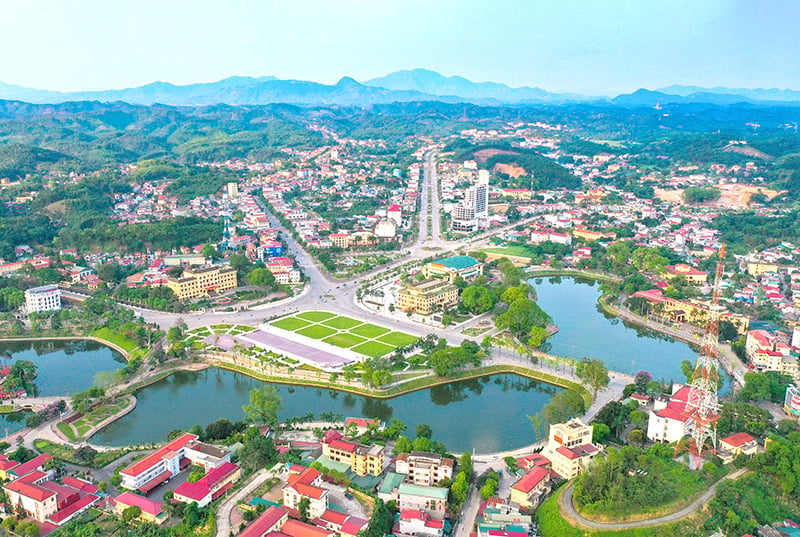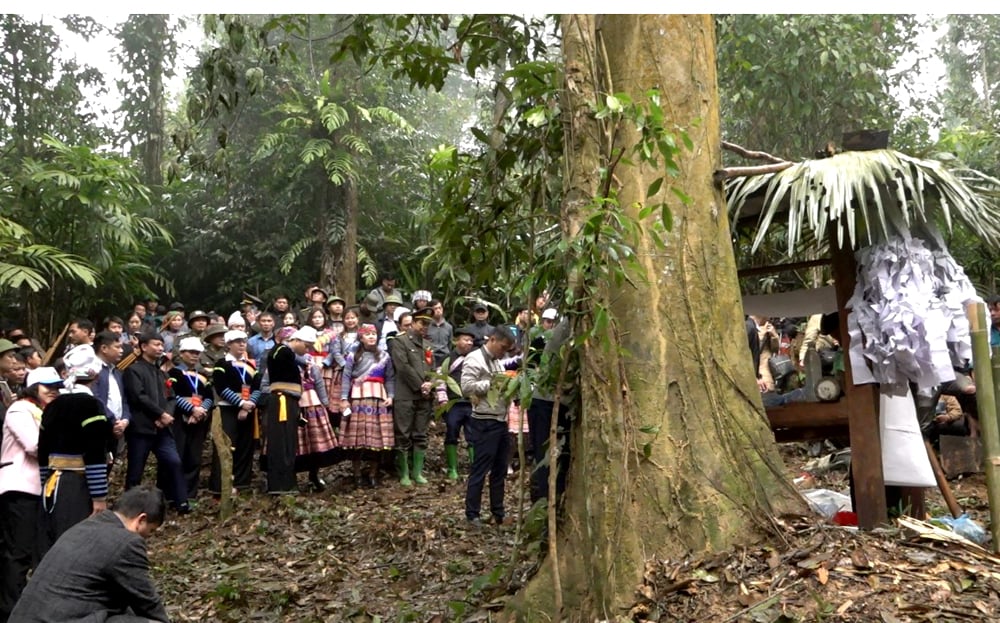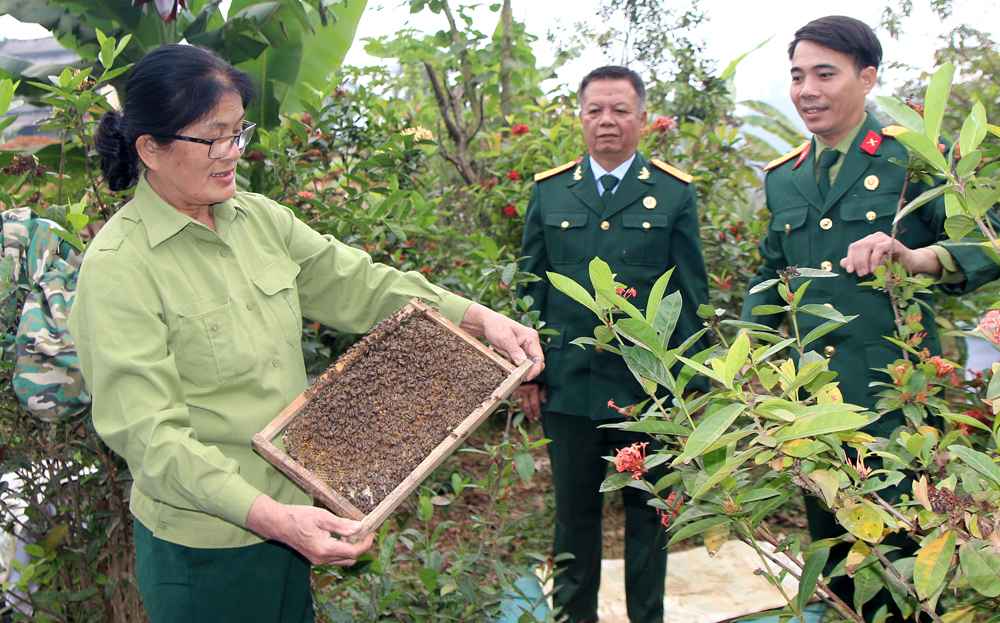Ending the COVID-19 public health emergency will affect some Americans' benefits, putting additional pressure on those with low or no insurance.
The US will officially end the public health emergency due to COVID-19 on May 11.
The COVID-19 emergency was first declared by the US more than three years ago, to provide funding and resources to fight the global pandemic.
Since taking office in 2021, US President Joe Biden has repeatedly extended this state of emergency.
The US Department of Health and Human Services has released a roadmap for a gradual transition toward ending the public health emergency.
People can still get free COVID-19 vaccines until at least September 30, 2024, but may have to cover the costs of COVID-19 testing and treatment based on their personal health insurance.
Ending the COVID-19 public health emergency will affect some Americans' benefits, putting additional pressure on those with low or no insurance.
The mandatory sharing of COVID-19 test results and vaccination data between localities in the US and the Centers for Disease Control and Prevention (CDC) in this country will also be lifted when the public health emergency due to COVID-19 ends.
The decision was made by the US in the context that on May 5, the World Health Organization (WHO) declared the COVID-19 pandemic no longer a public health emergency of international concern (PHEIC) - the organization's highest warning level.
WHO first raised the highest alert level for COVID-19 on January 30, 2020. This alert level has been maintained by the WHO's global health expert panel at meetings held every three months since then.
In March 2020, WHO declared COVID-19 a pandemic as the SARS-CoV-2 virus that causes the disease spread rapidly worldwide.
According to WHO data, the death rate from COVID-19 has decreased from a record of more than 100,000 people/week in January 2021 to more than 3,500 people/week in the week of April 14-21.
However, WHO affirms that COVID-19 cannot be considered seasonal flu yet. Dr. Angela Pratt, Chief Representative of the World Health Organization (WHO) in Vietnam, emphasized that there are similarities between COVID-19 and seasonal flu. However, COVID-19 is not seasonal, while seasonal flu usually occurs in winter. Scientists are continuing to study COVID-19 and it can be said that it is too early to confirm that COVID-19 is the same as seasonal flu.
The reason is that COVID-19 is not seasonal. Seasonal flu usually occurs in winter, but COVID-19 in many countries is not seasonal at all, it can spread in any kind of weather. Besides, COVID-19 is still a new disease to the world and it has only been 4 years since we got acquainted with COVID-19 while scientists around the world have spent decades researching seasonal flu, virus behavior, and disease types.
(According to Vietnam+)
Source link


















































Comment (0)